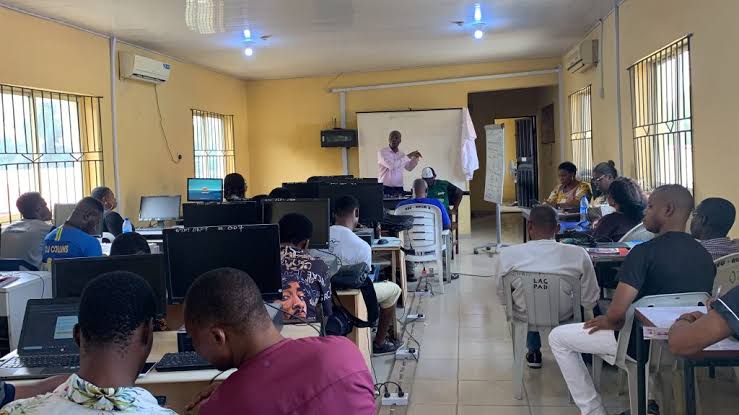The Federal Government is set to conduct a comprehensive nationwide audit of skills training centres across various Ministries, Departments, and Agencies (MDAs) to strengthen Nigeria’s human capital and bridge the widening skills gap.
Vice President Kashim Shettima announced the plan on Thursday during the 6th meeting of the National Council on Skills (NCS) held at the Presidential Villa, Abuja. He emphasized that addressing the nation’s skills shortage is a top priority for economic transformation and sustainable development.
According to Shettima, the council’s mandate is to build a modern, competent workforce that aligns with Nigeria’s dynamic economic needs. “We must unite to move this country forward. Closing the skills gap is not optional—it’s a national imperative,” he stated.
Nationwide Skills Infrastructure Audit in Focus
One of the key outcomes of the council meeting was the proposal for a National Skills Infrastructure Audit. This initiative aims to develop a centralized and up-to-date database of all government-owned training centres, assess their functionality, and detect infrastructure gaps or duplication.
“The audit will involve on-site verification and detailed documentation of training facilities,” the council said, adding that the goal is to align training resources with national occupational standards and real labour market demands.
The council noted that without aligning and optimizing skills infrastructure across MDAs, national growth ambitions tied to workforce development may remain unfulfilled.
NASAP Targets 10,000 Artisans Annually
In a related presentation, the Minister of Housing and Urban Development, Arc. Ahmed Musa Dangiwa, unveiled the National Artisan Skills Acquisition Programme (NASAP)—a major initiative aimed at training 10,000 artisans annually in high-demand construction skills.
The programme targets the formalization of Nigeria’s informal artisan sector through certification and integration into a Digital Artisan Marketplace, enabling access to job opportunities and government-backed projects.
“Our aim is to build a reliable and skilled artisan workforce to support the ministry’s housing and infrastructure agenda while equipping young Nigerians with employable skills,” Dangiwa said.
NASAP is projected to have a dual impact—reducing youth unemployment and addressing the growing shortage of skilled labour in the construction and housing sectors.
The Federal Government reaffirmed its commitment to human capital development, job creation, and economic growth through collaborative and strategic skills development initiatives.




